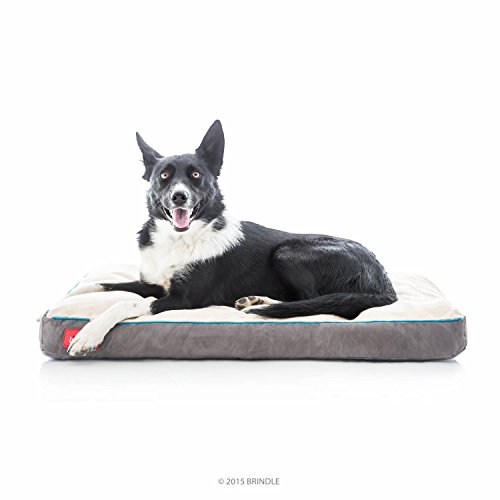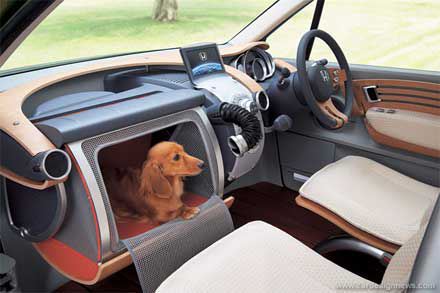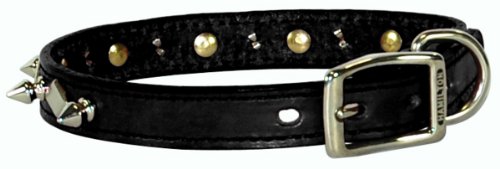A Dog's temperament is an issue as much as size is when choosing a dog. Two nearly identically sized breeds can have completely different energy levels and exercise needs. One may be hyperactive and require a great deal of exercise; another may be content to relax next to you on the sofa while you watch a Sunday afternoon football game. And one of the large breeds might be more patient with children, putting up with all kinds of pestering. This is where researching the traits of the various breeds is so critical to making the right decision.
It has been shown that dogs make great home security systems and burglar deterrents. And not just large breeds with large teeth. It's the barking that causes the intruder to go elsewhere. Smaller dogs can make lots of noise, too. Terriers are alert and fearless, with sharp warning barks. Beagles have a penetrating bark that can be heard a long way off. Small doesn't mean quiet or lethargic.
Breed characteristics play a part in a dog's temperament. If the dog is from the working class they won't be happy in an apartment with just one quick walk a day. A dog bred to be a companion like a King Charles Spaniel needs to be with you and won't be happy if you're gone for hours at a stretch.
Different size dogs fit different lifestylesbut there are gray areas in these guidelines. If you live in an apartment, for example, you would suppose a smaller dog fits better into your small space. But, certain small breeds such as terriers are so full of energy they might be less adaptable to your lifestyle than one of the large breeds that has a reputation for mellowing as it gets older. If you want to enjoy the great outdoors with your doggie companion, then one of the medium to large sized sporting" breeds could be appropriate. But if your lifestyle is more sedentary, these dogs can get bored from lack of activity sometimes resulting in destructive behavior. Small breeds are easier to transport or pick up, so for elderly people these can be ideal. On the other hand, small dogs can be injured by exuberant children who handle them roughly, or from a child falling on them.
The size of the dog has an effect on the training required. It may be cute when a tiny Yorkshire Terrier tries to jump in your lap, but not so cute when your Labrador Retriever jumps up on guests when they walk in the door, and inadvertently claw them in an effort to say hello. Larger dogs can get into more mischief such as stealing food from the kitchen counters. Dogs can learn how to open kitchen drawers or cabinets as well.
But remember, dogs do no come out of a breed cookie-cutter; they are individuals as well. You might be in for a pleasant surprise when a dog advertised as being hyper" turns out to be the most mellow member of your household.

 Memory Foam Pad for Dog Bed
Using a memory foam pad for
Memory Foam Pad for Dog Bed
Using a memory foam pad for
 Durable Dog Toy Outlasts the Strongest Jaws
Credit: Jeannine T
Durable Dog Toy Outlasts the Strongest Jaws
Credit: Jeannine T
 Traveling Dogs - How to travel with your dog
Traveling Dogs
Some dogs make wonderful travel companion
Traveling Dogs - How to travel with your dog
Traveling Dogs
Some dogs make wonderful travel companion
 A Guide to Protecting Your Vicious Breed
Credit: Pitbull by ArielleJay, Rottweiler &am
A Guide to Protecting Your Vicious Breed
Credit: Pitbull by ArielleJay, Rottweiler &am
 Inexpensive Leather Dog Collars
Cheap Leather Collars for Do
Inexpensive Leather Dog Collars
Cheap Leather Collars for Do